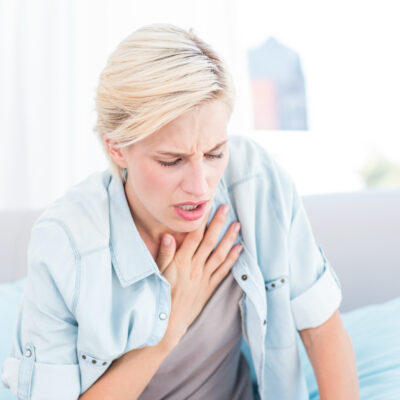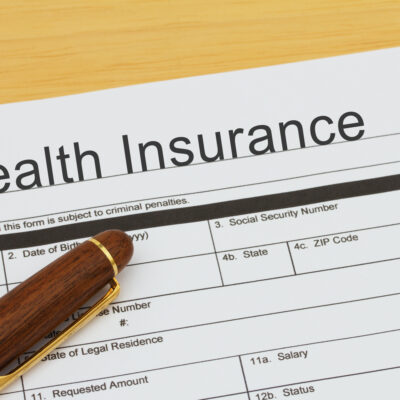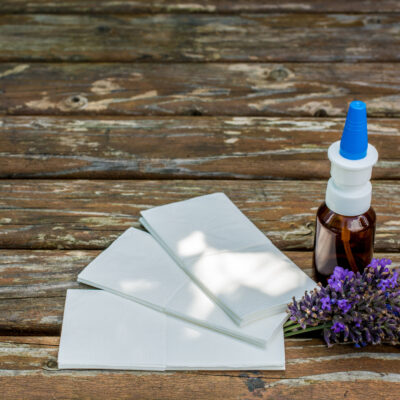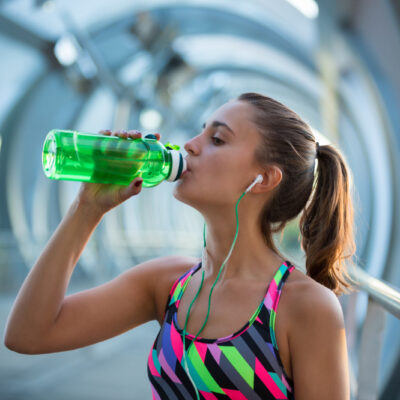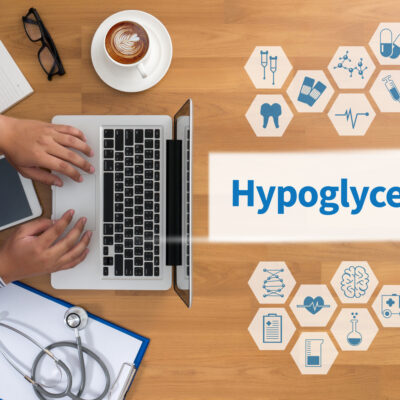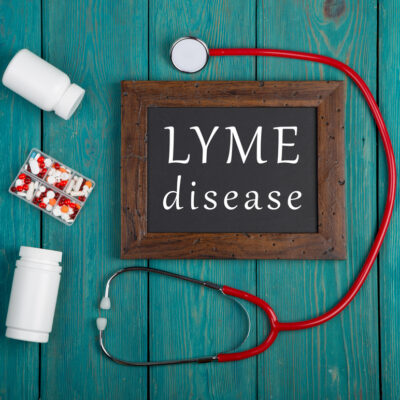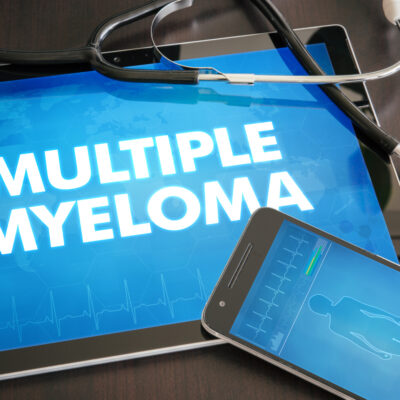
General Health
7 Things Medicare Will Not Cover
Medicare is health insurance coverage by the federal government for persons aged 65 and above, as well as people living with certain disabilities or chronic conditions. Traditional/Original Medicare features Medicare Part A and Part B. Medicare Part A (hospital insurance) covers inpatient hospital stays, hospice care, etc., whereas, Part B (medical insurance) helps pay for some preventive services, outpatient care, etc. With that said, some things are not covered by Medicare. They include: 1. Overseas health care Medicare does not cover healthcare or supplies if you are outside of the U.S. or in certain U.S. territories. There are exceptions, though. For example, if you have a medical emergency while passing through Canada between Alaska and another state, and a Canadian hospital is nearer than a U.S-based hospital. Otherwise, you will have to go for supplemental coverage for travel or buy health insurance in the country you plan to live in. 2. Routine eye exams Apart from a yearly eye exam for someone with diabetes or eyeglasses after undergoing certain kinds of surgery, Medicare does not cover routine eye exams. Some Medicare Advantage plans, however, provide vision coverage. Alternatively, you can buy a separate supplemental policy, which provides vision care only or includes both vision and dental care.
Read More 